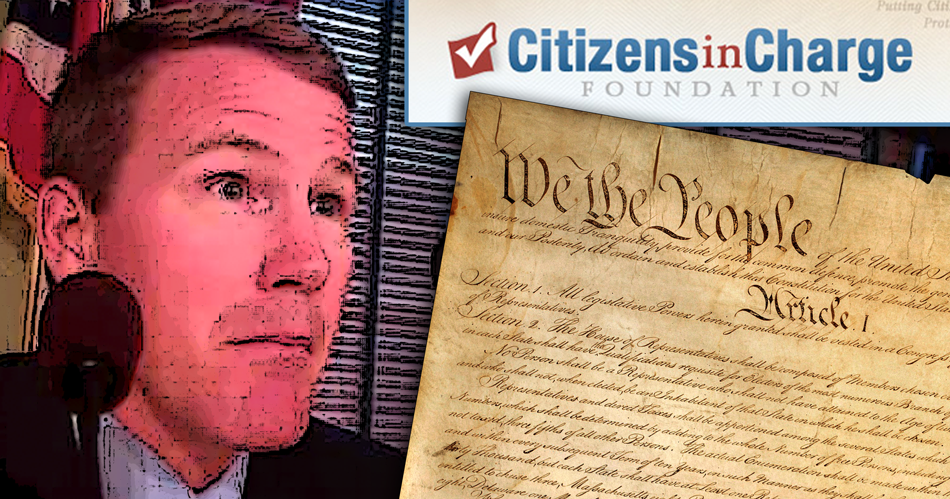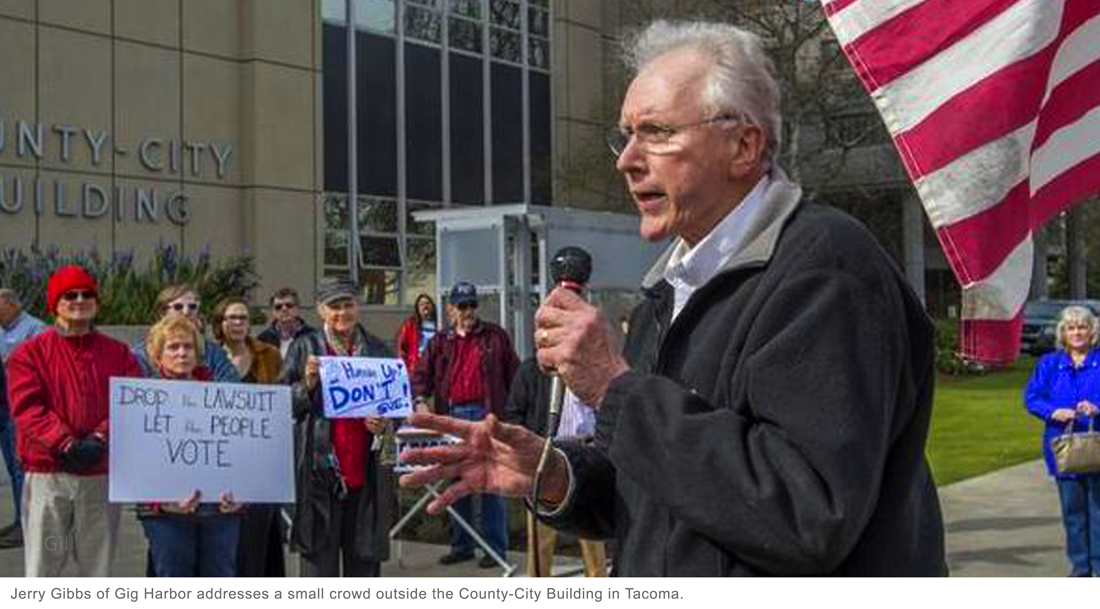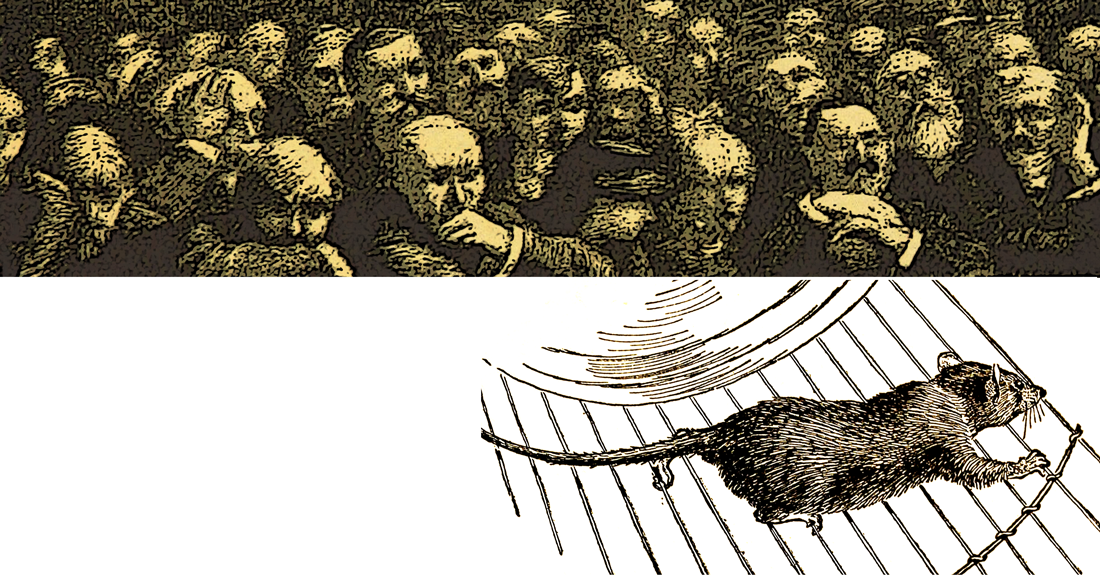A few weeks before the election, a federal judge has blocked Arizona legislation to combat voter fraud.
Opponents routinely characterize efforts such as this Arizona measure to ensure election integrity as “voter suppression.” Charges of racial discrimination often get tossed in to allow for the customary level of hysterical partisan denunciation.
According to Jon Sherman of the Fair Elections Center, even if HB2243 is “not discriminatory on its face . . . it is an open invitation. It declares open season for discrimination on the basis of race, ethnicity, dress, English proficiency, anything else.”
Of course,HB2243 extends no such invitation.
The legislation states that registration forms shall contain such things as a statement “that if the registrant permanently moves to another state after registering to vote in this state, the registrant’s voter registration shall be canceled.”
It also authorizes the county reorder to cancel a registration when he “is informed and confirms that the person registered is dead.”
Sounds like it could certainly suppress the zombie vote.
Legislation should be as carefully worded as possible. But no degree of precision in a law designed to prevent persons from voting who are not entitled to vote will prevent opponents from charging that it’s really, deep down inside, about “declaring open season for discrimination.”
Had the Arizona legislature passed the new law in plenty of time to grapple with legal challenges, the reformmighthave been in place for the mid-terms. Let’s hope HB2243 is in place and free of judicial encumbrance by 2024.
Enacting this kind of legislation is of many things that need to be done to safeguard elections.
This is Common Sense. I’m Paul Jacob.
Illustration created with DALL-E
—
See all recent commentary
(simplified and organized)






